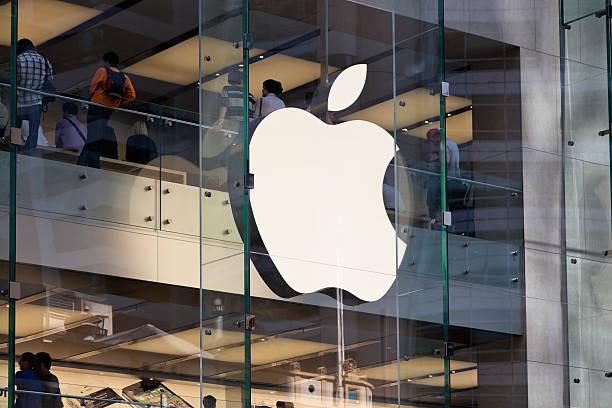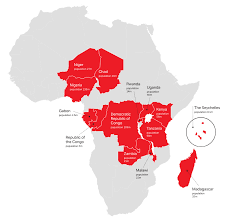Airtel Africa’s Nigerian operations reported a strong recovery in FY2025, with 36.4% revenue growth in constant currency, fuelled by a 50% industry-wide tariff adjustment approved by the Nigerian Communications Commission (NCC) in January 2025.
The decision marks a turning point for Airtel Nigeria, which had been grappling with severe naira depreciation and elevated operational costs over the past two years. The tariff hike, granted after persistent industry advocacy, is expected to stabilise earnings, support continued investment in infrastructure, and align service pricing with inflation realities.
CEO Sunil Taldar welcomed the regulatory move, stating, “The tariff adjustment supports a more sustainable operating environment and enables continued investment in coverage and quality.”
Also Read:
- Airtel Africa Reports Strong Q1 2025/2026 Results, Records 269% Surge in Pre-Tax Profit
- Airtel Africa Delivers 21.1% Constant Currency Revenue Growth Despite Currency Headwinds
- MTN Nigeria Reports 22.4% Revenue Growth in 2024 — 50% Tariff Hike Expected to Boost 2025 Earnings
- Airtel Money Posts $994 Million Revenue in FY2025, Accelerates IPO Plans to Challenge MTN…
Despite the macroeconomic headwinds, Airtel Nigeria saw continued customer growth and higher service usage, reaffirming the essential nature of its telecom and mobile money offerings. The company expanded its urban and rural site footprint, contributing to wider 4G coverage and a more resilient revenue stream.
The positive shift in Nigeria’s policy environment comes at a crucial time for Airtel Africa. Nigeria remains its largest and most strategic market, accounting for a significant share of its subscriber base and overall revenues. The market’s recovery has already helped lift Group performance, reinforcing confidence in Airtel Africa’s medium-term growth trajectory.
For investors, the tariff approval and subsequent rebound in earnings reaffirm Nigeria’s telecom sector as an attractive, albeit challenging, investment destination—especially with digital transformation and broadband inclusion at the top of the national policy agenda.























